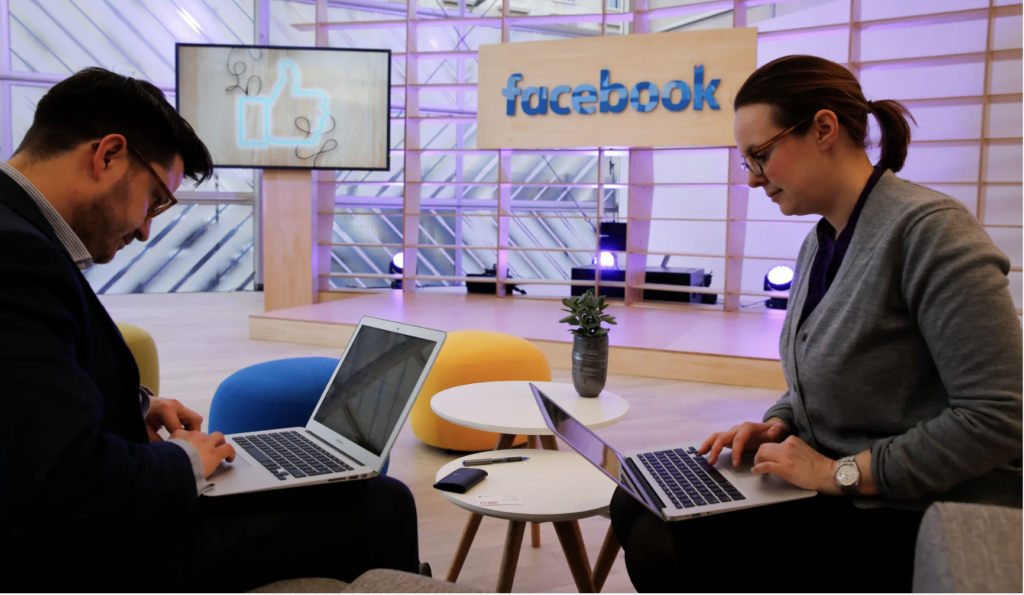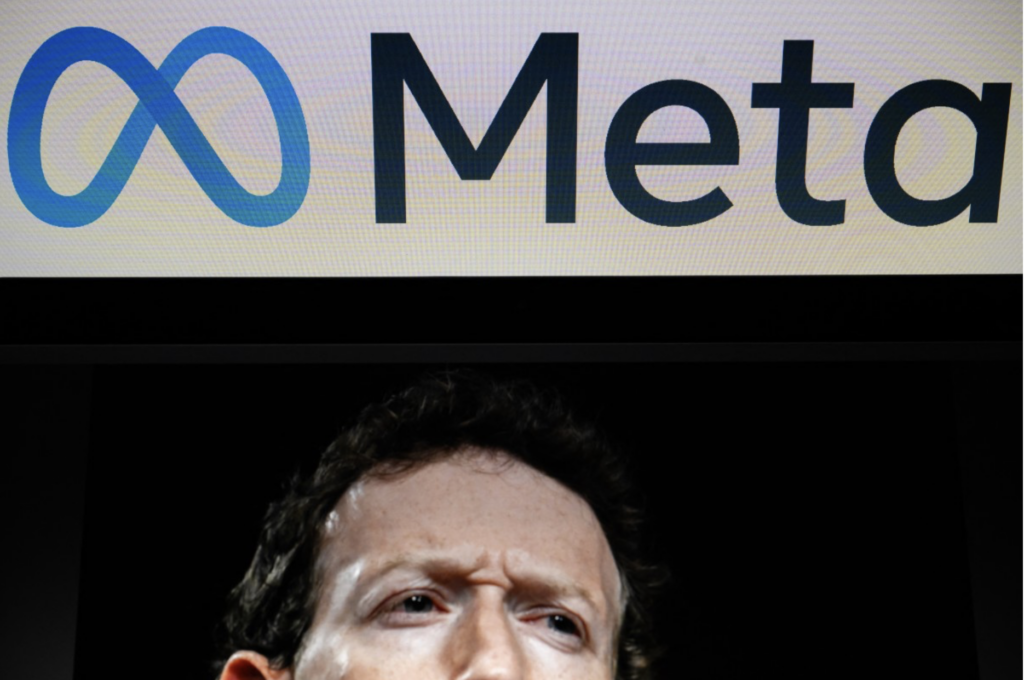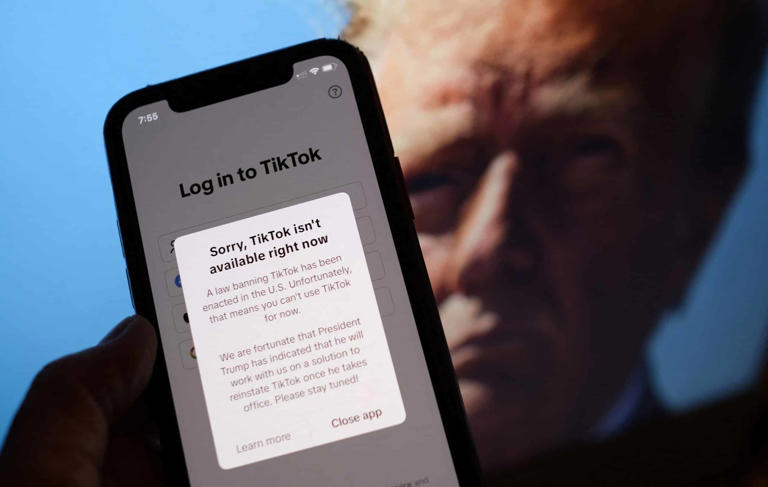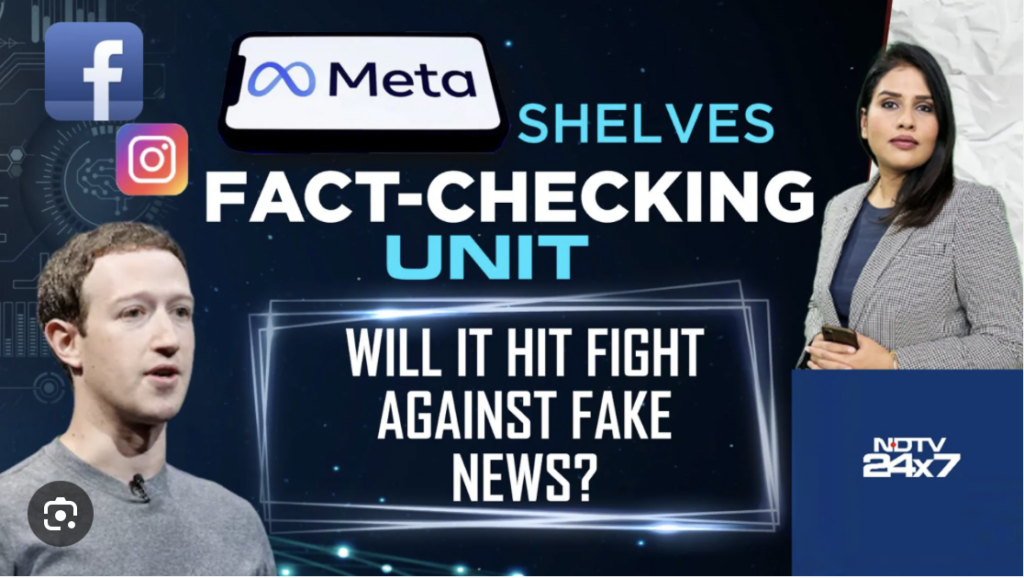Meta‘s shocking announcement that it will discontinue its US fact-checking program has sent shockwaves through the media world, raising serious questions about the future of online truth and the spread of misinformation.
This decision comes at a critical time, as social media platforms like Facebook and Instagram continue to grapple with the proliferation of fake news and conspiracy theories.
A booming industry threatened

Fact-checking emerged as a distinct journalistic genre in the early 2000s in the United States.
Fueled by the rise of the internet and the growing demand for verification of political claims, fact-checking websites like PolitiFact, which launched in 2007 and was awarded a Pulitzer Prize in 2009, became pioneers in this field.
Meta’s program, along with similar initiatives by other social media companies, helped fact-checking expand beyond the realm of politics and become a vital source of income for many media outlets.
However, Meta’s withdrawal threatens the financial stability of these organizations, particularly those that have come to rely heavily on revenue from fact-checking partnerships.
Existential crisis for fact-checking

Mark Zuckerberg, Meta’s CEO, defended the decision by claiming that fact-checkers have become “too politically biased” and have eroded trust, especially in the US. He framed the move as a restoration of “free expression” on the platform.
However, critics argue that this rationale is disingenuous and that fact-checking plays a vital role in combating misinformation and disinformation.
According to Angie Holan, head of the International Fact-Checking Network (IFCN), fact-checking “has never censored or removed posts” from platforms. Instead, it has aimed to “add information and context to controversial claims” in accordance with a code of principles requiring nonpartisanship and transparency.
Meta‘s decision and its global impact

The potential consequences of Meta’s decision extend far beyond the United States. Media outlets in Africa, which depend heavily on Facebook’s fact-checking program for revenue, are especially vulnerable.
These organizations often lack alternative sources of income and may be forced to shut down or significantly curtail their fact-checking activities.
This decision by Meta to discontinue fact-checking could have a devastating impact on the fight against misinformation in developing countries, where fake news and social media manipulation can have a destabilizing effect on democracies.
A crossroads for social media

The future of fact-checking on social media remains uncertain.
While Meta’s decision is a major setback, it could also be an impetus for the industry to explore new and more sustainable funding models.
Additionally, governments may need to step in and play a more active role in regulating social media platforms and holding them accountable for the spread of misinformation.
In the meantime, users themselves must become more discerning consumers of information online. By developing critical thinking skills and verifying information from credible sources, users can help to mitigate the spread of misinformation and ensure that truth prevails in the digital age.
The looming shadow of TikTok

While the fact-checking debate rages on, another social media platform, TikTok, finds itself at the center of a different kind of controversy. The wildly popular video-sharing app has exploded in popularity in recent years, reshaping entertainment, advertising, and social interaction.
However, its meteoric rise has been accompanied by concerns about its ties to China and the potential national security risks it poses.
In particular, U.S. lawmakers and intelligence agencies have raised the alarm about the app’s links to China, citing laws in the country that compel Chinese companies to hand over user data to the government if requested. This led to fears that the platform could be used as a tool for espionage or manipulation, particularly in light of the platform’s vast influence over American audiences.
Currently, TikTok relies on a hybrid system, utilizing automated tools to flag inappropriate content, which human moderators then review.
The ongoing legal battles and negotiations over TikTok’s future in the US highlight the complex interplay between technology, politics, and national security in the 21st century.
In the end, the combined effect of these two stories paints a picture of a social media landscape in flux.
As platforms like Facebook and TikTok grapple with the challenges of misinformation and foreign influence, the very foundations of online truth and trust are being called into question.
The decisions made today will have a lasting impact on how we consume information, engage in discourse, and navigate the ever-evolving digital world.






